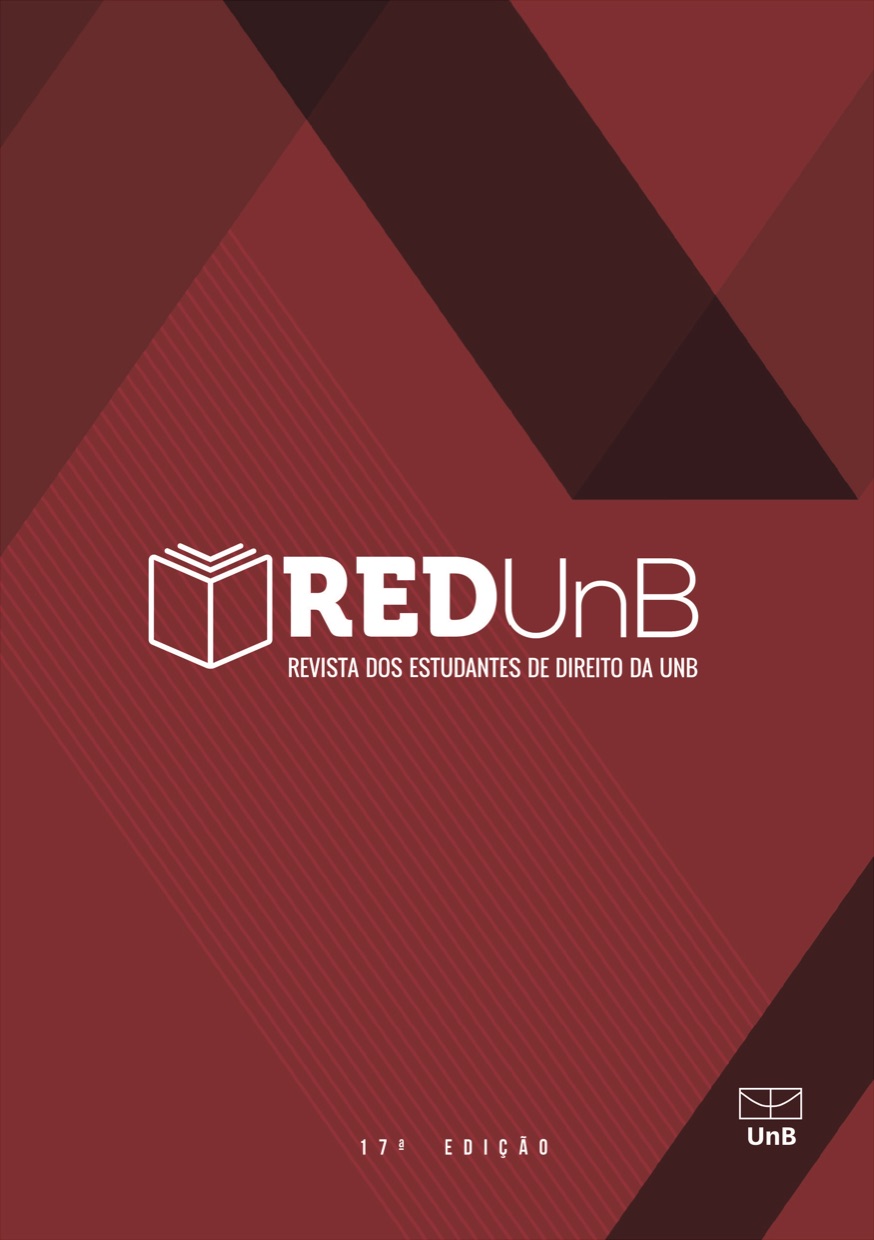Preferential trade agreements: crisis or opportunity to the WTO ?
Keywords:
Preferential Trade Agreements, Regional Trade Agreements, WTO, Multilateral Trading System.Abstract
The aim of this article, based on the analysis of the main issues of relationship between the PTA and the WTO, was to define whether the proliferation of PTA represented a crisis or an opportunity for the WTO. To answer this question, in the first section, this article has analyzed the symptoms indicating that the proliferation of the PTA is a normative and an institutional crisis of the WTO. In the normative perspective, the consensus rule, the outdated framework of WTO disciplines and the complexification of rules of origin indicate a crisis for the WTO. Moreover, the defective supervision of the transparency mechanism, a weak Secretariat and conflicts of jurisdiction are relevant issues on the institutional area. This research allowed us to conclude that the growth of the PTA is both the source and the consequence of a WTO crisis. In the second section, this article has tried to think of reasonable alternatives to take advantage of the new scenario of international trade to improve the multilateral trading system. As possible solutions, we identify the strengthening of the supervision made by the WTO of the PTA countries, with a more powerful Secretariat, and the multilateralization of the benefits perceived by the PTA parties, whether de facto or via a critical mass of Members.
Downloads
References
BALDWIN, R., “21th Century Regionalism: Filling the gap between 21th century trade and 20th century rules”, In: World Trade Organi- zation: Economic Research and Statistics Division, Staff working Paper, ERSD-2011-08, May, 2011.
BHAGWATI J., KRUEGER A.,” The Dangerous Drift to Commercial Trade Agreements”, In: United States trade policy: infatuation with free trade agreements, Washington, DC: AEI Press, 1995.
BOLLYKY, TJ., MAVROIDIS, PC., “Trade, Social Preferences and Reg- ulatory Cooperation the New WTO-Think”, In: Journal of Interna- tional Economic Law, 2017, p. 1-30.
BURFISHER, ME et. al., “Regionalism: Old and New, Theory and Practice”, In: International Food Research Institute, February, 2004.
BUSCH, M.L., “Overlapping institutions, forum shopping, and dis- pute settlement in international trade”; In: International Organiza- tion, v. 61, n. 4, p. 735-761, 2007.
CARREAU D., JUILLARD P., Droit International Economique, Paris: Dalloz, 2004.
CHASE et.al., “Mapping of dispute settlement mechanisms in re- gional trade agreements ”“ innovative or variations on a theme?”, In: ACHARYA, R, Regional Trade Agreements and the Multilateral Trad- ing System, Cambridge University Press, 2016.
CONCONI, P., Do Rules of Origin Hurt Third Countries, Geneva: WTO Trade Dialogues Series, 2018.
COTTIER, T.; FOLTEA, M., “Constitutional Functions of the WTO and RTAs”, In: L. Bartels, F. Ortino, Regional trade agreements and the WTO legal system, Oxford University Press, 2006.
DAM K., “Regional Economic Arrangements and the GATT, the Legacy and Misconception”, In: The University of Chicago Law Review, 1963.
DAVEY, WJ, “Dispute Settlement in the WTO and RTAs”, In: L. Bar- tels, F. Ortino, Regional trade agreements and the WTO legal system, Oxford University Press, 2006.
VAN DEN BOSSCHE, Peter. The law and policy of the World Trade Organization: text, cases and materials. Cambridge University Press, 2008.
DUBIN, L. Dubin, RUNAVOT, MC, “The crisis of international or- ganizations”, Droit des organisations internationales, (ss la dir.) E. Lagrange and JM Sorel, Paris: LGDJ, 2013.
ELSIG, M., “Can we get a little help from the Secretariat and the Crit- ical Mass”, In: Redesigning the World Trade Organization for the twen- ty-first century, 2009, p. 67-90.
ELSIG, M., Agency Theory and the WTO: Complex Agency and Missing Delegation, Paper Manuscript, 2008.
FABRI H.R., “The WTO, an organization in crisis?.”, In: Annuaire français de relations internationales, Paris: 2001, p. 943-951.
HOEKMAN, B.; KOSTECKI, M., The Political Economy of the World Trading System - From GATT to WTO, Oxford: Oxford University Press, 1995.
HORN H., MAVROIDIS PC, SAPIR A., “Beyond the WTO? An anato- my of EU and US preferential trade agreements”, In: The World Econ- omy, c. 33, 2010, p. 1565-1588.]
HOUFBAUER G., BHAGWATI J., Are RTAs stepping stones or obstacles to the trading system?, World Trade Organization e-Debates, 2007.
HOWSE, R., REGAN, D., “The product / process distinction-an illuso- ry basis for disciplining unilateralism in trade policy”, In: European Journal of International Law, 2000, p. 249-289.
KWAK, K., MARCEAU, G, “Overlaps and Conflicts of Jurisdiction between the WTO and RTAs”, In: L. Bartels, F. Ortino, Region- al trade agreements and the WTO legal system, Oxford University Press, 2006.
KRISHNA, P., et.al, The WTO and Preferential Trade Agreements: From Co-Existence to Coherence, Geneva: World Trade Organiza- tion, 2011.
MARCEAU G.; REIMAN C., When and How Is a RTA Compatible with the WTO, Legal Issues of Economic Integration, 2001.
MATSUSHITA, M. et. al., The World Trade Organization: law, practice and policy, 3rd ed., Oxford University Press, 2015.
MATTHIES J., “EC Rules of Origin from an Official’s Point of View”, In: Rules of Origin in International Trade: A Comparative Study, 1992, pp. 419-432.
RIVAS, JA, “Do rules of origin in FTAs comply with article XXIV GATT”, In: L. Bartels, F. Ortino, Regional trade agreements and the WTO legal system, Oxford University Press, 2006.
SCHIMNI, BS, “Third world approaches to international law: a mani- festo”, In: International Community Law Review, c. 8, 2006.
SOREL, JM, “Accords commerciaux et régionalisation des échanges”, In: La régionalisation de l’économie mondiale, 2007.
SUTHERLAND, P. et. al., The Future of the WTO: Addressing Institu- tional Challenges in the New Millenium, Geneva: OMC, 2004.
THORTENSEN, V et. al., “Acordos preferenciais de comércio: da mul- tiplicação de novas regras aos mega acordos comerciais”, São Palo: FGV, 2014.
WARWICK COMMISSION, “The Multilateral Trade Regime, Which Way Forward”, Coventry: University of Warwick, 2007.
WINHAM G., International Trade and the Tokyo Round Negotiation, Princeton: Princeton University Press, 1986.


